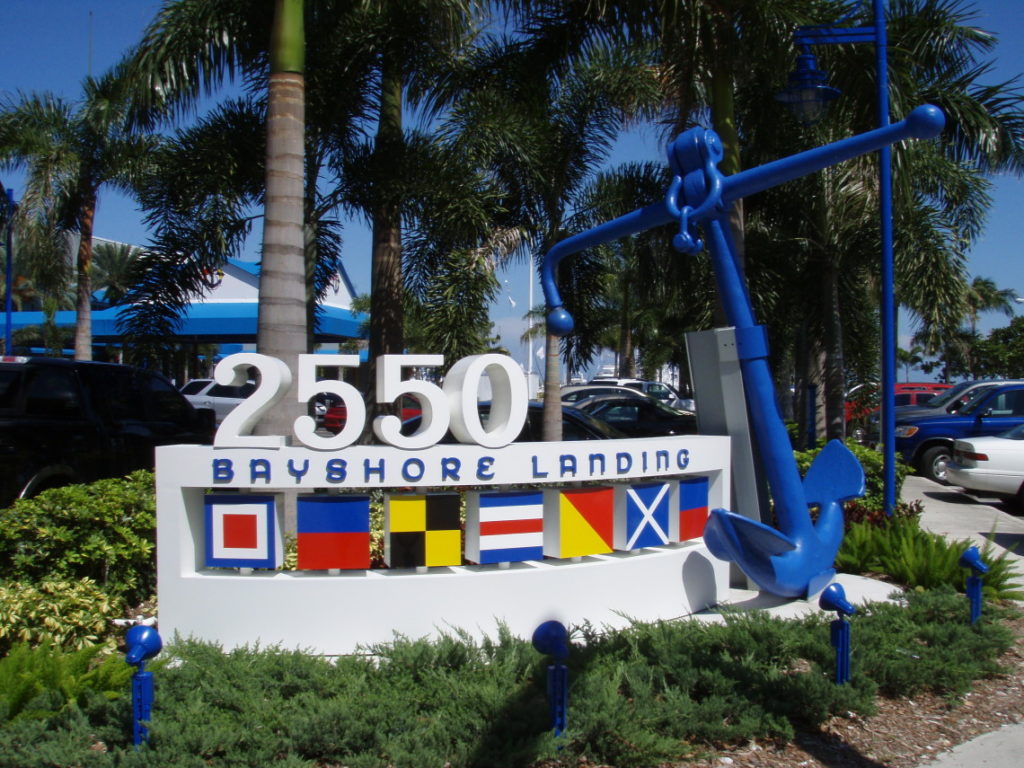The concept of marine salvage has been recognized by the law since the times of Byzantine Empire. Unlike land based volunteer acts to save property, the person who saves property at sea is entitled to a reward which is generously computed in light of the fundamental public policy to encourage mariners to provide prompt service in emergencies. This award is usually much greater than the value of the actual labor involved.
The formal requisites of an act of salvage, in a way similar to those required for general average, are the following:
When the property has been abandoned, anyone may become a salvor and if the owner later wants to reclaim his property, he would take it subject to a lien for the salvage claim. The owner in possession of the property, however, does not have to accept an offer of salvage. While salvage typically involves the rescue and tow of a vessel at sea, salvage can be quite broad. Examples of salvage include: the escorting of a distressed ship to a position where aid can be rendered; giving information on how to avoid an obstruction such as an ice berg or to avoid running aground; carrying a message which results in the provision of emergency assistance or taking treasure or materials from a sunken or abandoned ship. Almost any voluntary act which contributes to a vessels safety or rescue may qualify as an act of salvage.
Certain tests must be met for an act to qualify for salvage. For property to become subject to salvage it generally must be on the water or on a beach or reef. Since the act of salvage must be voluntary, a person who is under a duty to provide assistance cannot claim as a salvor. Thus, a tow company cannot claim salvage if you have a contract with that company to provide aid. Crew members, public employees such as firemen or even licensed pilots are not entitled to an award for saving property if it was their duty to do so. On the other hand, a salvage claim is not defeated by the fact that the salving vessel is professionally equipped to render assistance or engage in salvage operations.
Courts of admiralty usually consider the following circumstances as the main ingredients in determining the amount of the award to be decreed for a salvage service:
The items taken into account in assessing the value of the property are the ship, freight and cargo. The salvage award can never be greater than the value of the salved property and will always be substantially lower except in the case of abandoned or derelict property.
A suit to enforce a maritime lien for salvage can be brought both in rem against the vessel or in personam against any person who may be liable. The trend for the resolution of salvage disputes, however, seems to be arbitration even if extrajudicial resolutions are not necessarily binding on crews of salving vessel.


2550 South Bayshore Drive
Suite #211
Miami, FL 33133
Tel: 855-456-0445
Fax: 305-967-8182
Info@NeblettLaw.com

Just write down some details and our customer success heroes will get back to you in a jiffy!